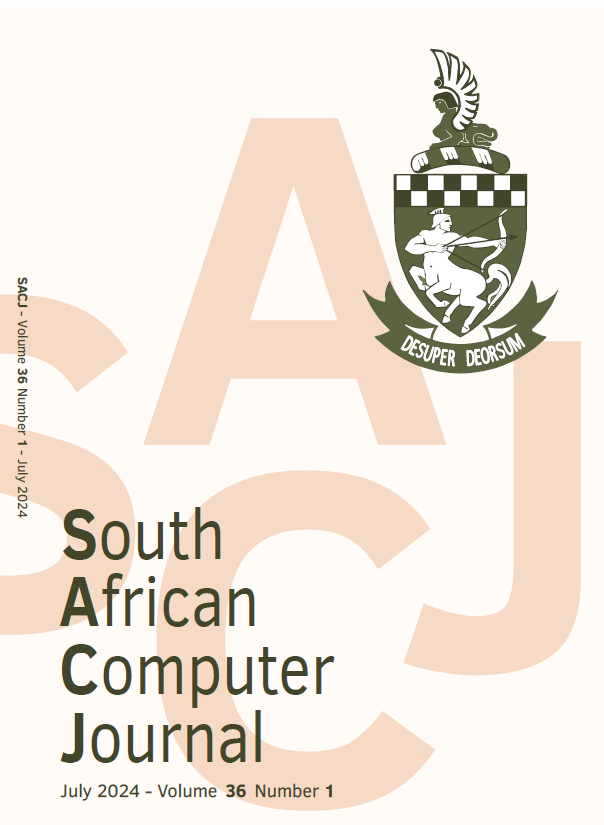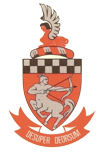Sensemaking and the Potential Future-focused Curriculum for Society 5.0 Knowledge Managers
A South African Perspective
DOI:
https://doi.org/10.18489/sacj.v36i1.18880Keywords:
Knowledge manager’s capabilities, Society 5.0, disruptive technologies, Skills Framework for the Information Age, knowledge management curriculumAbstract
When "quality being everyone’s business" coincides with the reality of a disruptive work environment, critical self-evaluation becomes an essential tool to ensure accountability. Academics who design curricula and their tuition offering have a certain degree of freedom in what and how they teach. However, academics need to be consciously discerning, yet inclusive, about the voices that should speak into curriculum design. This study operates from the principle of co-creation in curriculum design and acknowledges the multiplicity of relevant voices that speak into curriculum design. These voices are influenced by the past, present, and possibilities of the potential future. To remain relevant in the imagined future, this research identified the co-creators and curriculum design partners for the multidisciplinary field of knowledge management. The curricula of three related academic departments were analysed to determine knowledge management tuition linkages. These curricula were then compared with the Skills Framework for the Information Age (SFIA) level descriptors. Following on from this desktop analysis, Sensemaker®, a distributed digital ethnographic methodology was piloted that will be used to collect micronarratives from emergent curriculum co-creators. This article identifies gaps in current curricula, expresses expectations for future possibilities and highlights potential niche opportunities for knowledge management curriculum design.
Downloads
Published
Issue
Section
License
Copyright (c) 2024 Martie Mearns, Anika Meyer, Marlene Holmner, Linda Marshall, Marie Hattingh, Elmi Bester

This work is licensed under a Creative Commons Attribution-NonCommercial 4.0 International License.





.png)